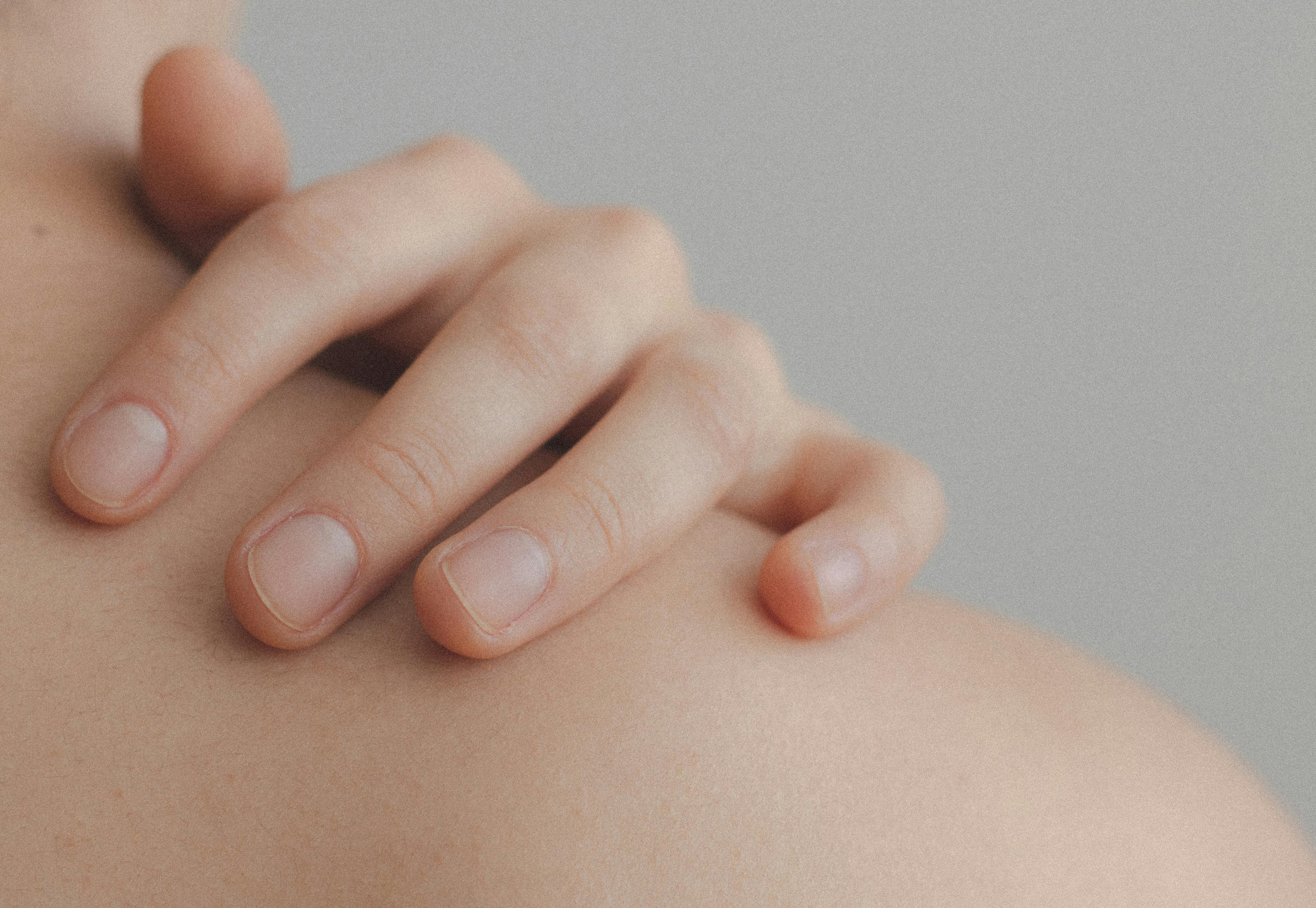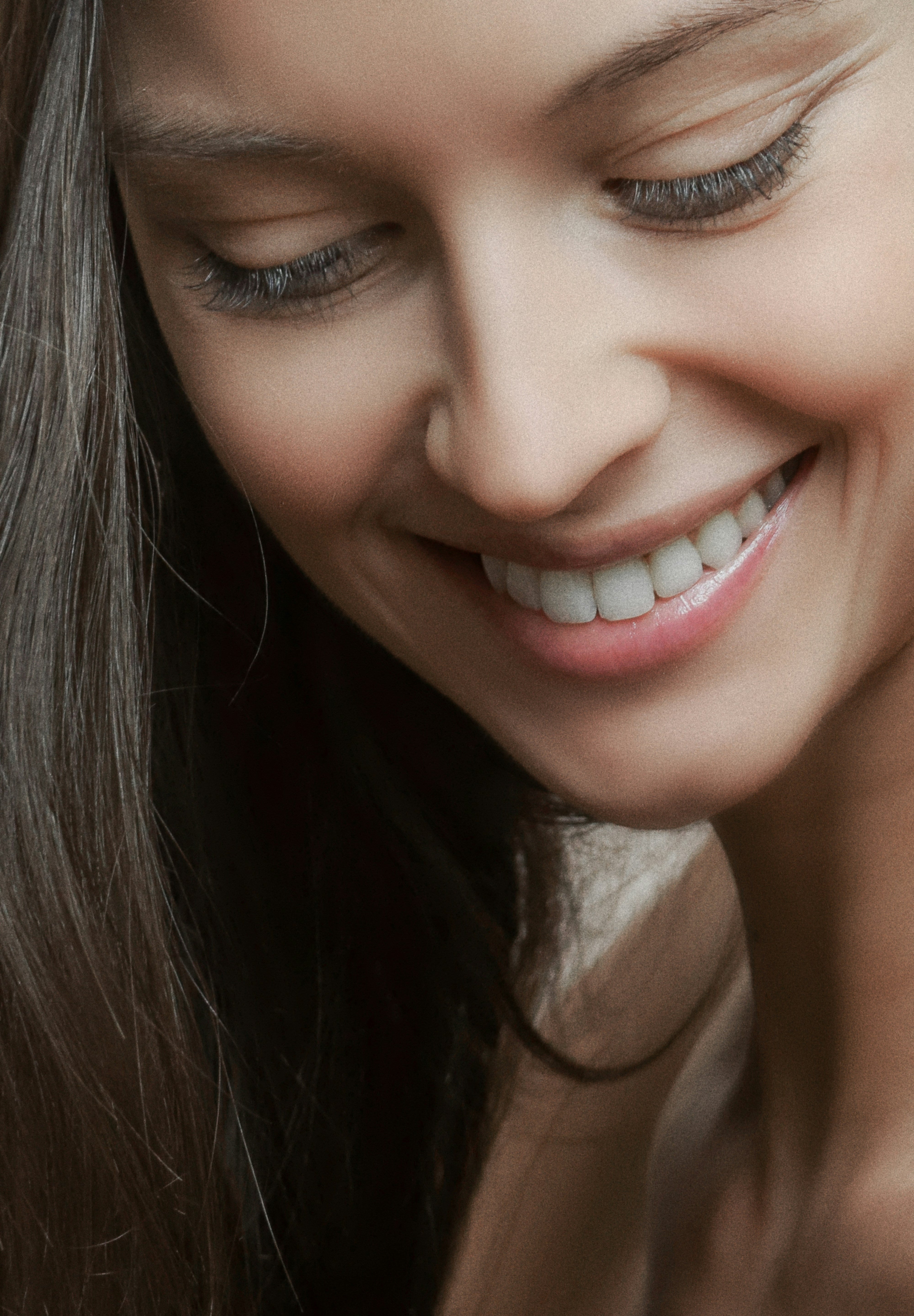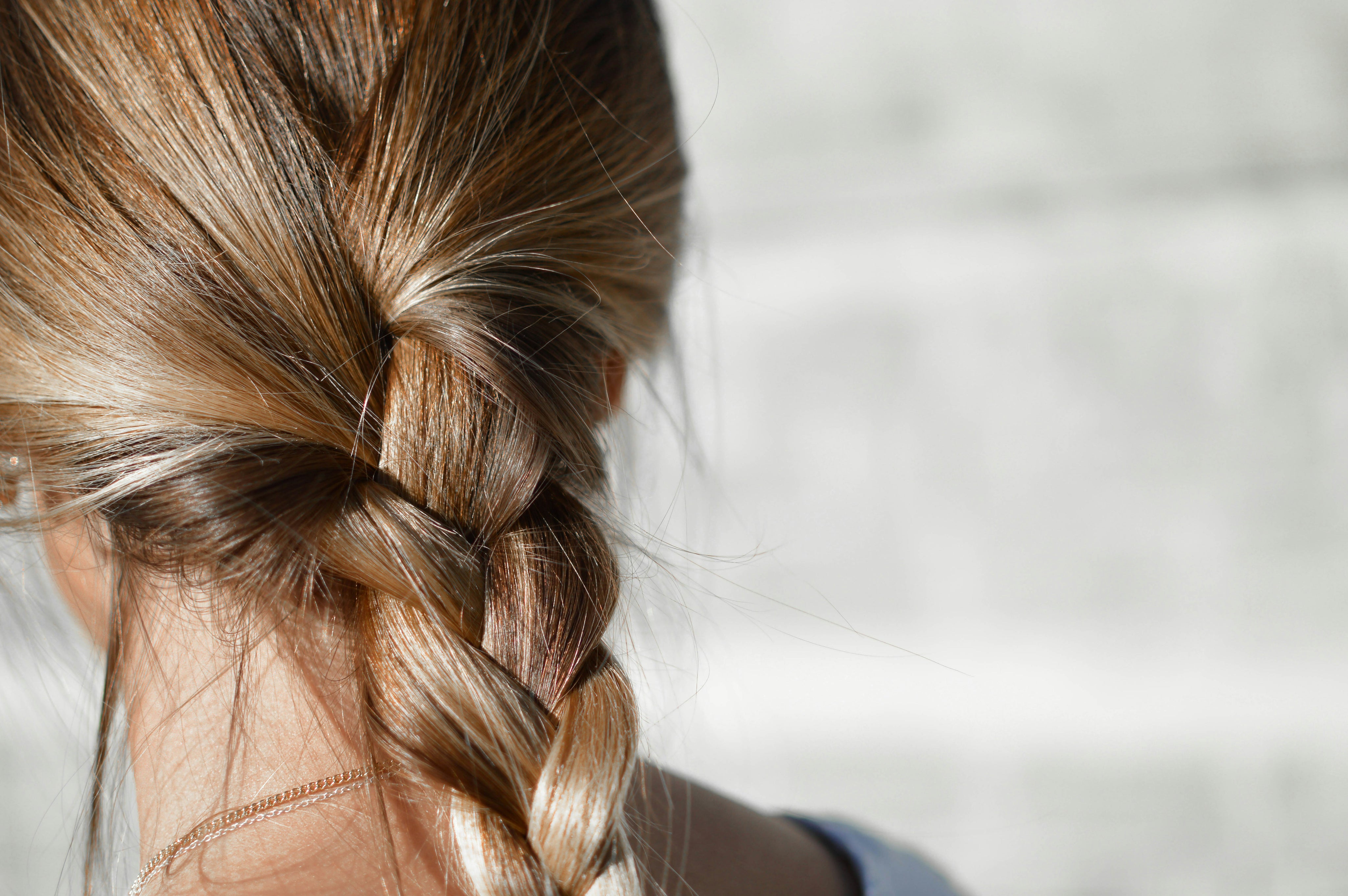The skin is said to be the mirror of the soul. The largest organ in the human body reveals quite a lot about our inner (and outer) state: When we're nervous, we sweat; when we're excited, we blush, etc.¹
We interact with our environment through our "skin"—it's the interface, so to speak, through which others perceive us. It's no surprise, then, that firm, well-cared-for skin is considered the epitome of beauty. But how can this goal be achieved?
A healthy lifestyle is crucial for clear skin, as well as shiny hair and strong nails. A balanced diet with a good supply of nutrients forms the foundation for healthy skin, hair, and nails.²
Certain nutrients can help you maintain your attractive appearance. Read below to find out which vitamins and minerals you should pay attention to to promote beauty from within.



























